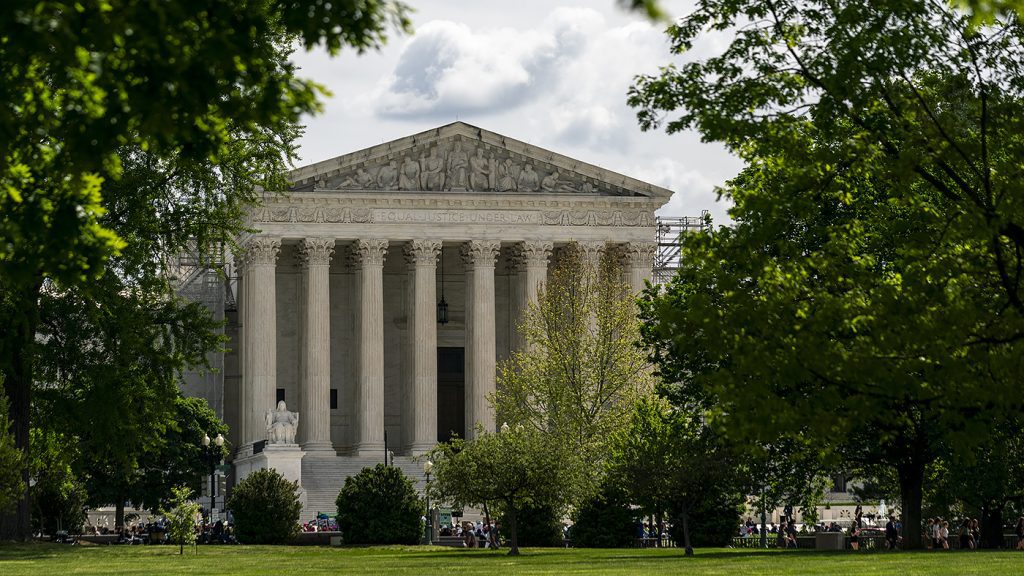The Supreme Court was divided and unsure if Idaho’s strict abortion ban goes against a federal emergency care law. There seemed to be a split based on gender and ideology during the long argument.
The four female justices, including conservative Amy Coney Barrett, strongly opposed Idaho’s claim that its law, which forbids doctors from performing an abortion except when a woman’s life is in danger, overrides the federal emergency care statute EMTALA.
Violating Idaho’s law could result in doctors facing up to five years in prison.
The liberal justices, in particular, asked in-depth questions about what would be considered a medical emergency, focusing on complications that could result in a woman losing her reproductive organs or being at risk of sepsis.
The case revolves around a federal law called EMTALA, or the Emergency Medical Treatment and Active Labor Act, which mandates federally funded hospitals to provide stabilizing care to emergency room patients, regardless of their ability to pay.
The Biden administration argues that even in states where abortion is prohibited, EMTALA states that hospitals must be permitted to end pregnancies in rare emergencies where a patient’s life or health is seriously at risk.
Barrett asked incisive questions for Idaho’s attorney Joshua Turner about how much discretion doctors truly have to make decisions in medical emergencies that may not be life-threatening.
Turner argued that the laws permit decisions to be made on a case-by-case basis, but Barrett criticized that argument and accused Turner of “hedging.”
Barrett’s questioning doesn’t always indicate how she will vote, and the three liberal justices need at least two conservatives to support them for the Biden administration to win the case.
DEVELOPING









